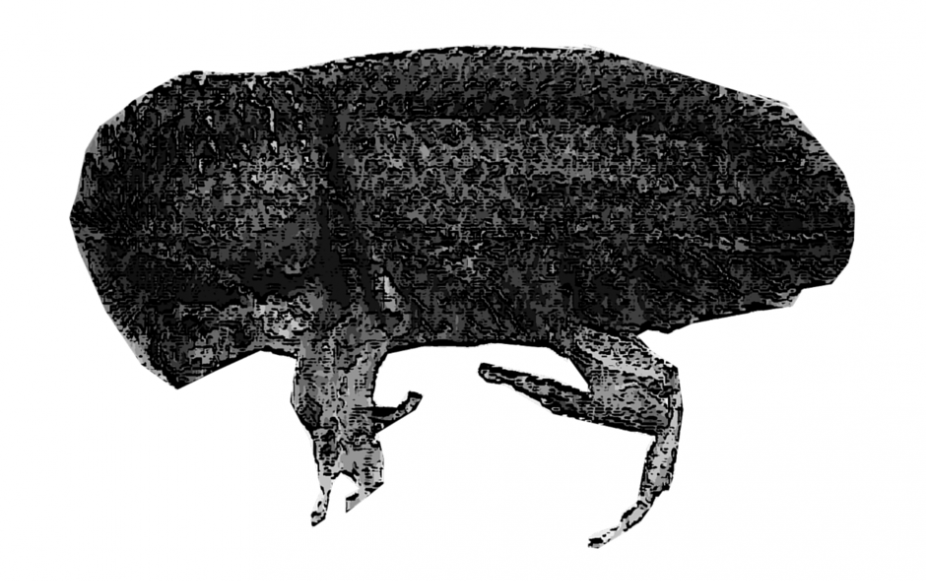- The coffee berry borer literally lives and breathes coffee. From the time it hatches as a larva until it dies as a beetle, it feeds exclusively on the coffee berry. The consequence is the destruction of coffee crops worth $500 million annually worldwide. However, a recently published study from Berkeley Lab and the United States Department of Agriculture (USDA) offers hope for affected coffee producers. The solution to the problem may lie in the belly of the beetle.
Feared coffee plague
From its origins in Angola, Africa, the coffee berry borer has spread to almost every coffee-producing country in the world. Today, it is responsible for what is one of the coffee world's most feared epidemics. Thanks to its explosive reproductive capacity, an infestation can destroy as much as 80 percent of a coffee crop. The female is the largest, strongest and longest-lived of the coffee-dependent beetles. It can even lay eggs without the male's involvement, which it does after drilling into the coffee bean. Here it lays up to 50 eggs, of which 13 out of 14 become new, ready-to-breed female beetles.
"Today, it is responsible for what is one of the coffee world's most feared epidemics. Thanks to its explosive reproductive capacity, an infestation can destroy as much as 80 percent of a coffee crop."
Inhumanly high caffeine intolerance
Whereas caffeine is a deadly poison for other insects, the coffee berry borer can tolerate caffeine levels equivalent to an adult human drinking 500 cups of espresso in one day. The hypothesis of the researchers at Berkeley Lab and the USDA was that it is not the beetles themselves, but the bacterial culture in their stomachs that is responsible for their "uninsect-like" high caffeine intolerance. The theory was largely confirmed when colonies of coffee berry borer beetles were reduced by 95% after being fed antibiotics. After further research on 14 bacteria found in the stomachs of the coffee-thirsty beetles, one stood out. The bacterium "Pseudomonas fulva" has a gene with a very special property: It can break down caffeine.
"Where caffeine is deadly poison to other insects, the coffee berry borer can tolerate caffeine levels equivalent to an adult human drinking 500 cups of espresso in one day"
Vital stomach bacteria
The research results could be the first step towards a chemical-free control of the coffee berry borer. Instead of using environmentally harmful pesticides in the fight against epidemic outbreaks, a future strategy could be to attack the beetle where it does the most damage: Right in the abdomen. Because without its vital stomach bacteria, caffeine is just as toxic to the coffee berry borer as it is to most insects. Read more about the study on Berkeley Labs' website
